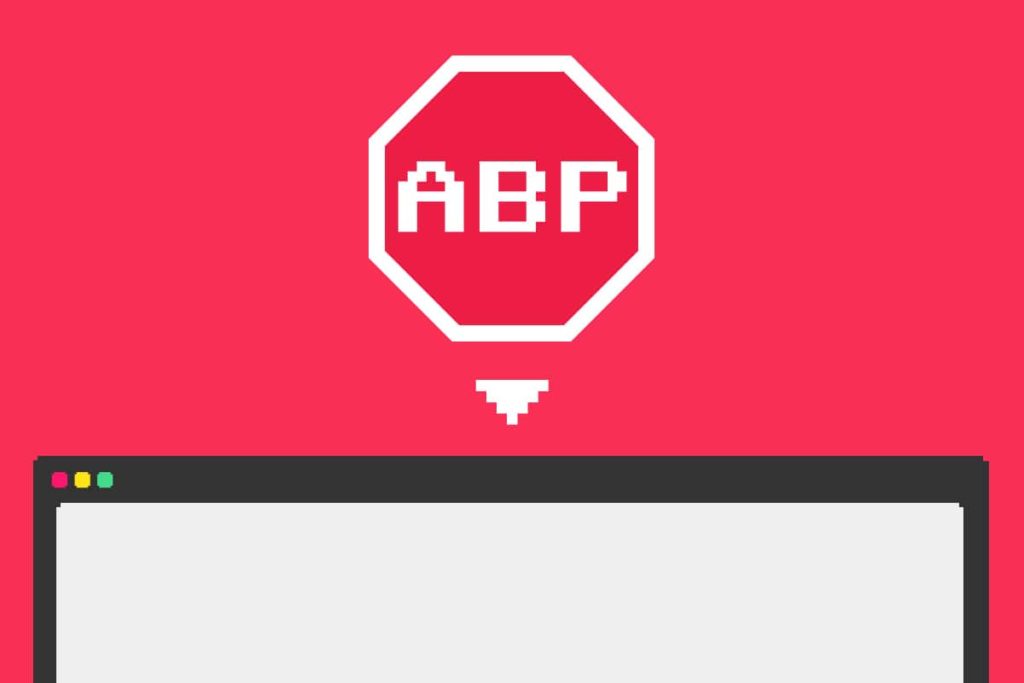

So, as even ad-supported companies like Google and Facebook join Apple's call for online privacy, it's clear more change is coming to today's online ad industry. "There are very few ads available that don't require any tracking at all," Faida said.

"Unlike Eyeo, we block trackers and refuse to whitelist them, because privacy-by-default is the only way to rebalance the system and to justly reward users and publishers instead of intermediaries that perpetuate a toxic ecosystem," Brave CEO Brendan Eich said in a statement.īrave's technology offers both user privacy and publisher revenue - something Eyeo can't manage if you enable its tracker blocking, Faida acknowledges. Brave is also working on a system to show ads directly on websites in cooperation with publishers that will receive the lion's share of that revenue. "We want to create an open ecosystem."īut Brave's ad system, which is optional, pays users a portion of the revenue generated and has a mechanism to share that revenue back with publishers. "Blocking ads and injecting your own is a very different approach than helping publishers to show their own ads," Faida said. Specifically, he doesn't like that Brave's ad system shows Brave-supplied ads after stripping out publishers' ads.
#Safari adlock plus plus
Adblock Plus also offers its own ad-blocking browser forīut Faida disagrees with Brave's ad-blocking approach. Mobile version of Edge is integrating Adblock Plus directly, and it can be enabled with Firefox and Samsung Internet on Android. Adblock itself is joining the trend, too. What about building ad blocking into the browser?Īd blocking is becoming a built-in option in some browsers like Opera and UC Browser. And if Chrome goes ahead anyway, other browsers will swoop in to claim disaffected users, Faida said. Google has legitimate security concerns, but he believes engineers can find a solution that doesn't hobble blockers. "I'm optimistic they will listen to our feedback," he said. Google has said it wants to allow content-blocking extensions, though, and Faida doesn't expect Adblock Plus will be crippled. And that's after months of discussion and user threats to quit Chrome if it hurts ad blockers. Google lifted an earlier proposed rules limit from 30,000 to 150,000, but some content blocking extensions say that's not enough. Unfortunately for ad blockers, that puts limits on rules they use to probe website elements - for example, finding if an ad comes from a whitelisted internet domain. Through a policy called Manifest v3, Google's Chrome team is adding new limits to extensions, including ad blockers, in an effort to improve security, privacy and performance. That was a notable move given that Google, in addition to making the dominant web browser, is one of the biggest online ad players and operates some of the internet's biggest online services. That's the one Google chose when looking for standards for Chrome's ad blocking policy, which began in 2018 for websites that overused ads. Its 50 members include ad technology companies, ad agencies, publishers and others in the industry.Īnother outfit, the Coalition for Better Ads, serves a similar role. In 2017, Eyeo set up the work as a nonprofit with participation from other companies involved in online advertising.

"There's a vicious cycle where ads are more and more aggressive at same time they're less and less valuable." 2. Instead, it's that there are too many spots available for online ads.
#Safari adlock plus free
"What's really putting the free and open web at risk is not ad blockers," he said. Ad blocking may drive publishers toward paywalls, but Faida believes ad blocking is here to stay.


 0 kommentar(er)
0 kommentar(er)
